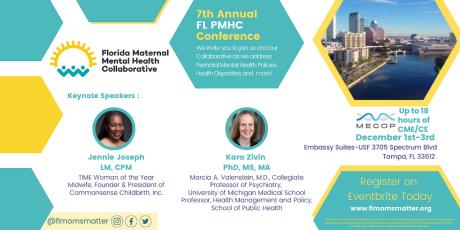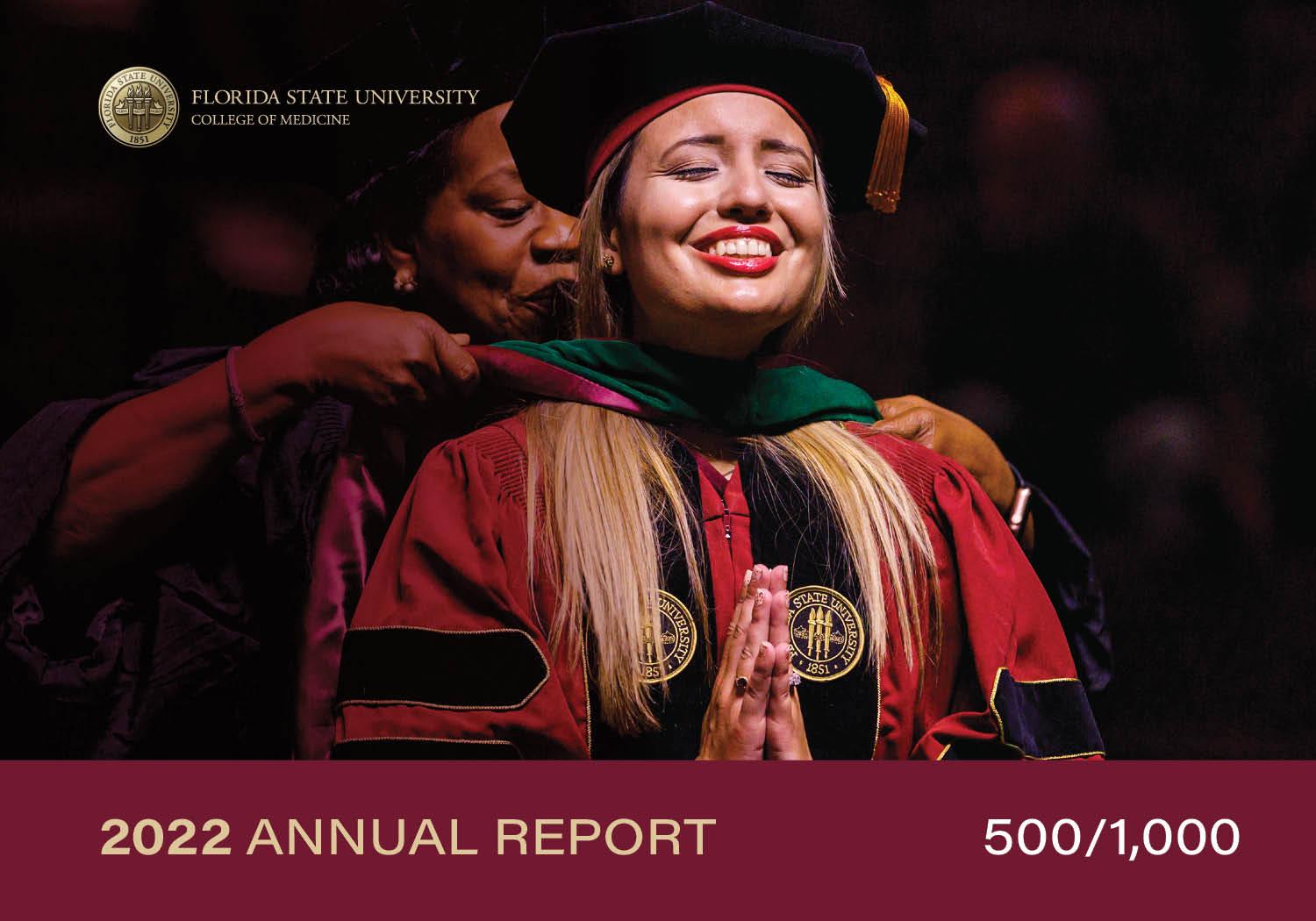ATLANTA — The American College of Rheumatology (ACR) released a summary of its new guideline for Exercise, Rehabilitation, Diet and Additional Integrative Interventions for Rheumatoid Arthritis.
This is the first ACR guideline about an Integrative Approach to Rheumatoid Arthritis (RA) and is considered complementary to the ACR’s 2021Guideline for the Treatment of RA, which covers pharmacologic therapies.
“Together with pharmacologic treatment options, exercise, rehabilitation, diet, and additional integrative interventions are considered as potential adjunctive treatments for RA. Patients and clinicians often seek evidence-based insight into these treatment options,” said Benjamin J. Smith, DMSc, PA-C, DFAAPA, Interim Program Director and Associate Dean at the Florida State University College of Medicine and co-principal investigator of the guideline. “Recognizing the need to support patients and clinicians when considering treatments to complement their pharmacologic regimen, the ACR developed this guideline.”
The guideline includes 28 recommendations; only one recommendation was strong. Out of the 27 conditional recommendations, four were about exercise, 13 about rehabilitation, three about diet, and seven about additional integrative interventions.
The one strong recommendation states that consistent engagement in exercise is advised over no exercise. The type of exercise, frequency, intensity, and duration is not formally defined, but the guideline emphasizes “moving regularly.” The specific elements of an exercise intervention should be tailored to each patient at the given time in their disease trajectory, considering their capabilities, access, and other health conditions.
Importantly, the guideline recommendations relate to RA-specific outcomes. For example, the guideline recommends adherence to a Mediterranean-style diet over no formally defined diet. The Mediterranean-style diet emphasizes the intake of vegetables, fruits, whole grains, nuts, seeds, and olive oil; moderate amounts of low-fat dairy and fish; and limits added sugars, sodium, highly processed foods, refined carbohydrates, and saturated fats.
“The conditional recommendation for adhering to a Mediterranean-style diet but not other formally defined diets, to improve RA-specific outcomes, may be surprising to some clinicians,” said Bryant R. England, MD, PhD, Associate Professor of Rheumatology and Immunology at the University of Nebraska Medical Center and one of the guideline’s.
“The Voting Panel acknowledged, however, that other health indications may exist for alternative diet and dietary supplements, which makes it crucial for clinicians and patients to engage in shared decision-making.”
The Patient Panel, which provided input into the guideline recommendations, emphasized that rheumatology clinicians are often the first contact for therapeutic decisions. It’s important to patients that their clinicians be knowledgeable about integrative therapies and help guide patients to other members of the interprofessional care team with relevant expertise (such as occupational therapists, physical therapists, dietitians, etc.).
“Being able to include the diverse integrative interventions in the management of persons with RA throughout their disease course, as an interdisciplinary team, is essential. This guideline highlights the vital role expert members of interprofessional healthcare teams serve in providing optimal care to people with RA,” said Dr. Smith.
Dr. Smith co-moderated the discussion of the recommendations during a session at ACR Convergence 2022 on November 13 at the Pennsylvania Convention Center.


